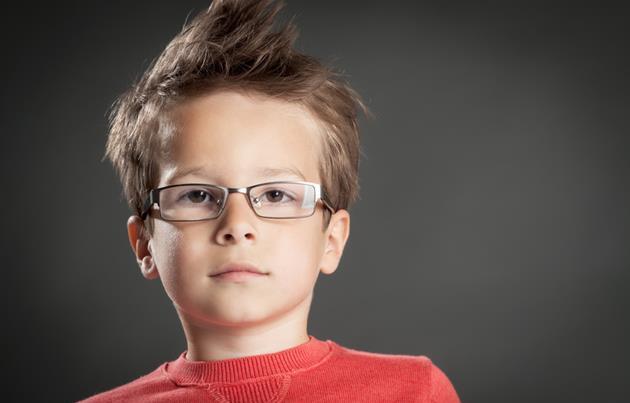
At eight years old, his family shattered. At nine, he left his house and friends to move to an apartment beside a busy road where dogs bark, kids shout, and he isn’t allowed to run inside because it might disturb the neighbors.
But he isn’t concerned with childish things; he’s too afraid, too hurt. The first weekend he spends with his father is agony. He feels disloyal; he feels angry. When he says “Goodbye,” his voice is breaking, and his mother later tells him, “If you need to live with your dad for a while, I’ll understand. We’ll work it out.”
He doesn’t speak to her for a full week, until she asks, “What’s wrong?”
“You want to get rid of me,” he explains. His voice is breaking again.
She pulls him so close and tight, his ribs ache. He wants to complain, to pull away, but something inside remembers her, remembers this, and so he curls up, staying put as long as he can.
He wants to know whose fault it is—this divorce. He asks his mother because it’s easiest and because she always tells him the truth. But her answer—“The decision was mutual”—feels too pat, and she knows it. She adds, “If you want to blame someone, blame me.”
So he does, talking back, skirting boundaries, slacking off. He also whines and clings and babbles, because if he knows that if he pushes hard enough, she’ll leave, too, just like his father, so he tries his damnedest, over and over, month after month, time and again.
When things are at their worst, she offers a change from homeschool to public. He says again, “You want to get rid of me,” thinking, This is it. This is how I lose her.
But then a strange thing happens; nothing.
Summer comes, and he tests his bravery by leaping into the pool like a cannonball. He swims with the other kids, joins in their games, and even dares to shout, “Mom! Look at me!”
Come autumn, they’re both exhausted, so they snuggle beneath a worn-out quilt, researching rescue cats and water pollution. They draw silly comics, read Harry Potter, and grow triops. They go to the library, watch David Attenborough, and dance in the kitchen like fools.
When he melts down, she holds him, rocking. Once it’s passed, he apologizes, sincerely.
He makes a promise to try his best if she makes a promise to keep homeschooling. After they swear, he hears her rise at 5 a.m., working each day till the sun comes up, then opening his door, tiptoeing to his side, and saying with love, “Time to get up. It’s going to be beautiful.”
These are simple things, but there are hard things, too. She prepares him to meet his father’s live-in girlfriend, and she talks him through the embarrassment of seeing the two of them kissing.
She also swears to never date a lawyer, since, as he sees it, lawyers are the facilitators of all things evil.
Near the end of that first year, he admits to her (and to himself) that though their bond was tested, it held, and she reminds him how much his father loves him, too, telling stories of the past that make him laugh.
Over time (months, years), his heart begins to soften, and he begins to understand (this boy, this child, so young) that his father didn’t leave him at all—that parents love their children always and ever, no matter what, and we’re all only human.
He begins to forgive and to smile again, seeking out his father’s love and giving it back in return, the last nagging fears of being discarded and deserted slipping away, though never fully forgotten.
In the end, he’s left with two families: distinct and imperfect, yes, both. But his.
His.

Great article. You make it sound easy. Wish all kids could get through it as easy as your son did!
Sheryl – Thank you for the comment! If I made it sound easy, it definitely wasn’t. And we still have setbacks. I can’t imagine what it must feel like to kids to have the center of their universe (family) change so drastically. Wishing you all the best!